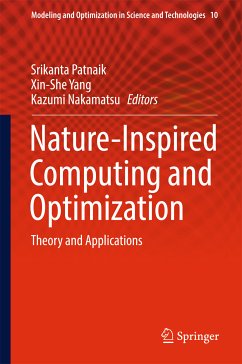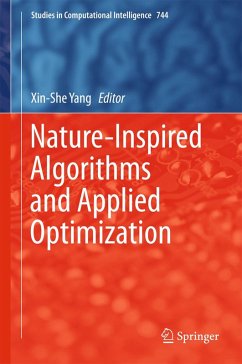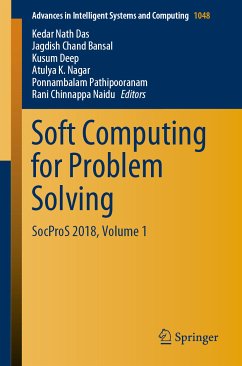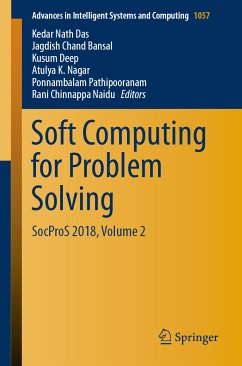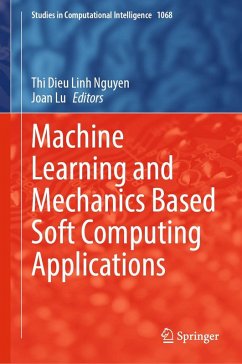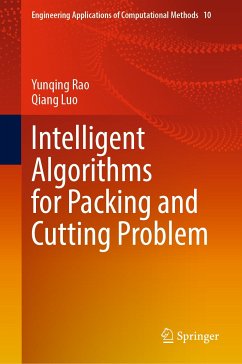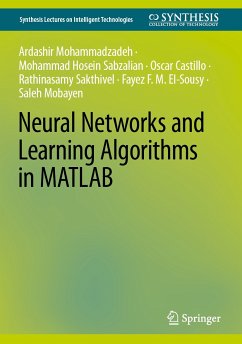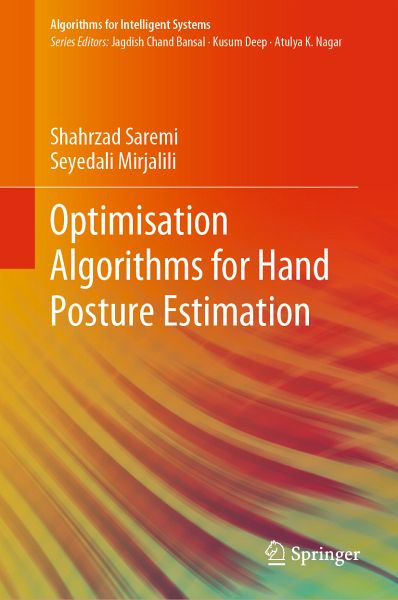
Optimisation Algorithms for Hand Posture Estimation (eBook, PDF)
Versandkostenfrei!
Sofort per Download lieferbar
68,95 €
inkl. MwSt.
Weitere Ausgaben:

PAYBACK Punkte
34 °P sammeln!
This book reviews the literature on hand posture estimation using generative methods, identifying the current gaps, such as sensitivity to hand shapes, sensitivity to a good initial posture, difficult hand posture recovery in cases of loss in tracking, and lack of addressing multiple objectives to maximize accuracy and minimize computational cost. To fill these gaps, it proposes a new 3D hand model that combines the best features of the current 3D hand models in the literature. It also discusses the development of a hand shape optimization technique. To find the global optimum for the single-o...
This book reviews the literature on hand posture estimation using generative methods, identifying the current gaps, such as sensitivity to hand shapes, sensitivity to a good initial posture, difficult hand posture recovery in cases of loss in tracking, and lack of addressing multiple objectives to maximize accuracy and minimize computational cost. To fill these gaps, it proposes a new 3D hand model that combines the best features of the current 3D hand models in the literature. It also discusses the development of a hand shape optimization technique. To find the global optimum for the single-objective problem formulated, it improves and applies particle swarm optimization (PSO), one of the most highly regarded optimization algorithms and one that is used successfully in both science and industry. After formulating the problem, multi-objective particle swarm optimization (MOPSO) is employed to estimate the Pareto optimal front as the solution for this bi-objective problem. The book alsodemonstrates the effectiveness of the improved PSO in hand posture recovery in cases of tracking loss. Lastly, the book examines the formulation of hand posture estimation as a bi-objective problem for the first time.
The case studies included feature 50 hand postures extracted from five standard datasets, and were used to benchmark the proposed 3D hand model, hand shape optimization, and hand posture recovery.
Dieser Download kann aus rechtlichen Gründen nur mit Rechnungsadresse in A, B, BG, CY, CZ, D, DK, EW, E, FIN, F, GR, HR, H, IRL, I, LT, L, LR, M, NL, PL, P, R, S, SLO, SK ausgeliefert werden.




